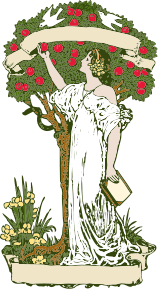The Bible has been the most influential text in all of Western culture. It's difficult to understand medieval or early modern or much of modern literature without knowing it...
Prof. Barbara Newman, Northwestern University
from 2006 Bible Literary project


